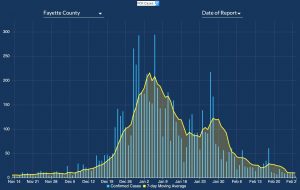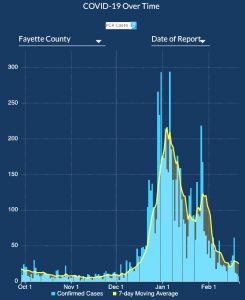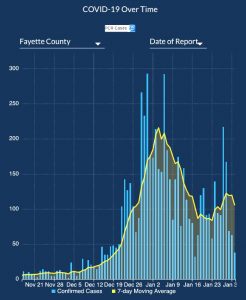There is one thing we all have in common, and it has no consideration for social class, age, or income. Regardless of position, the CEO or the K-4 student has equally experienced a dramatic shift to their daily activity as a result of the COVID-19 crisis. All of us share this same uncertainty — our calendars have changed, our tomorrows look different, and we all share, to varying degrees, curiosity for the unforeseeable future.
No one understands this more than the high school student. After all, they have learned to plan, prepare for the exam, and get excited about college, a gap year, or a career. But, when extreme change is mandated, and their world disrupted, what then? New schedules, coupled with new expectations, often produce unexpected results. This unclear experience adds to their already heightened levels of anxiety, frustration, and silent concerns.
What once was a clear outline and path to college has been cluttered and crowded with new objects of concern and worry. And now, with so much at stake, students are quietly considering their options and wondering about the outcome.
As with any severe and sudden change of plans, it is notably uncomfortable for many. But with history as our guide, this too will get better in time. In the meantime, here are some essential things your high school student can be proactively doing to prepare for their unforeseeable future:
- Continue to Offer Your BEST Work
It’s incredibly easy to slack-off when your academic environment changes. The educational atmosphere is unfamiliar for most, and the new principal looks remarkably similar to mom! Be true to yourself and continue to work hard and finish strong in all of your academic classes!
- Reduce Your Technology Consumption
For the sake of their mental health, students should limit the number of hours on technology. With the growing demand for online classrooms, students are at risk of increasing their regular use of technology. Students can and likely should find additional activities to do around the house and outdoors to exercise their mind and body.
- Continue to Prepare for an ACT or SAT
It’s easy to think that waiting for the next test to arrive may be the best approach, but consider staying mentally fresh for an inevitable upcoming test administration. Many students were preparing for the now-canceled March, April, and May testing dates and are facing a massive gap before the June dates arrive. It is vital to stay fresh and focused on the upcoming tests. These standardized tests are still necessary, even though many colleges in Georgia and across the country have waived their requirement. Many scholarships use the ACT or SAT for qualification and consideration—colleges and universities with merit scholarships, as well as Georgia’s HOPE and Zell Miller Scholarships, are prime examples. (A decision on how HOPE and Zell will be determined this year will post at www.GAFutures.org.)
Then, once it is possible to get out and about, seek opportunities to volunteer in the community. As a result of this long pause and confinement, many will have lost jobs and will be searching for new ones, even temporary ones. High school students may find it tough to find their ideal summer job. Serving the community by volunteering your time and energy may help you better since colleges are eager to see this in their prospective student pool.
The most important thing to remember, especially for our high school juniors, is the “secret sauce” to any college admissions essay. This “secret sauce” is the ability to share your story or an event in a way that sets you apart from the other applicants. Since all of us have been in this unprecedented, unusual, and uncanny event, the temptation will be to write about it in your college admissions essay. The best thing to do is to write about something far more unique to you! Trust me!












Leave a Comment
You must be logged in to post a comment.